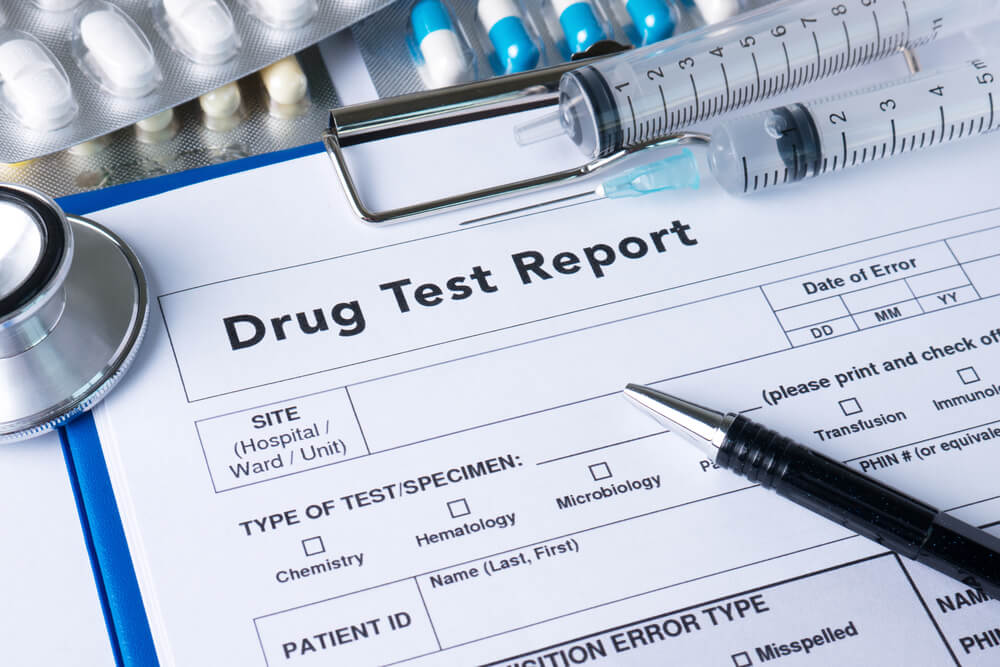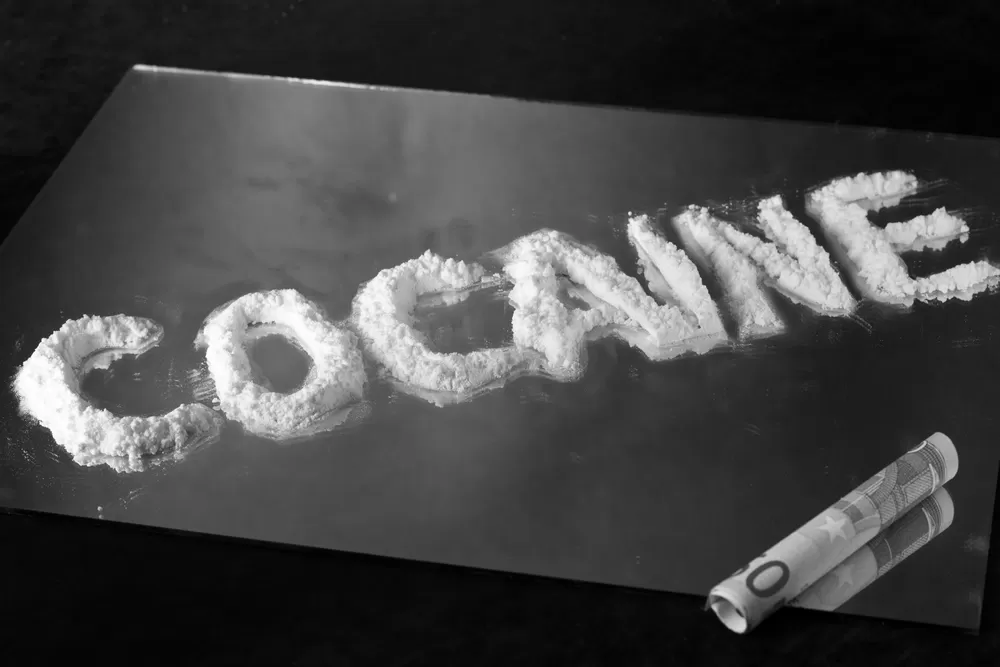Cocaine is a powerful and highly addictive stimulant that can be detected in the body for up to three days after use. This detection window depends on various factors, including the amount used, the frequency of use, and individual metabolism.
Cocaine is typically tested through urine, hair, or saliva samples, and the length of time it will stay in the system varies depending on the type of test. This guide explores how long cocaine stays in urine and the implications of testing positive.
Table of Contents
How Long Does Cocain Stay in Urine
Cocaine is a powerful stimulant that can be detected in the body for up to three days after use. In a urine test, cocaine metabolites can be detected for up to four days after a single dose and up to 12 days after prolonged or heavy use. The amount of time cocaine stays in the body and is detectable by a urine test will depend on several factors, including the user’s metabolism and how much of the drug was used.
The rate at which cocaine is metabolized and cleared from the body will vary between individuals; some people may eliminate it more quickly, while others may take longer. Additionally, if a large amount of cocaine was consumed, this will increase the time it takes for the drug to be eliminated from the body. Generally, cocaine is metabolized quickly, with half of the drug being expelled from the body within one hour of use.
A urine test is one of the most commonly used tests for detecting cocaine in the system, as the metabolites are detectable for an extended period of time. Urine tests are also relatively simple and noninvasive, making them popular for employers who must test their employees for drug use. Ultimately, the exact length of time cocaine remains in the body depends on numerous factors and can vary from person to person.

How long does cocain stay in urine: Dependable Factors
Cocaine detection time can be affected by several factors, including the frequency and duration of use, the user’s metabolism, the amount consumed, and other characteristics.
- Frequency: Regular users tend to have a higher Cocaine detection time due to the drug staying in their system longer.
- Duration: Longer-term Cocaine users normally take longer to metabolize and excrete the drug, increasing their detection time.
- Metabolism: An individual’s metabolism impacts how long Cocaine remains in their system, with those having a higher metabolic rate typically having a shorter detection time.
- Amount Consumed: Larger doses require more time for the body to process, which increases the overall detection time.
- Individual Characteristics: Age, gender, and general health can also play a role in determining a person’s Cocaine detection time.
How long does cocain stay in urine: Detection Windows
Cocaine use can be detected in urine by using windows of detection, which varies depending on the quantity and duration of use. Urine tests are often used to screen potential users for drug usage, as they have a relatively long detection window compared to other testing mediums. In general, cocaine can be detected in urine for up to 72 hours after last use. However, it may be detectable for longer in individuals who use the drug frequently or in large amounts.
Urine tests for cocaine use measure the presence of metabolites, chemical compounds created when the body breaks down substances like drugs. The detection window depends on an individual’s metabolism rate and the amount of cocaine taken. Heavy users of cocaine may show positive test results for days or even weeks after their last use. Conversely, casual users may only show positive results for 24 to 36 hours after the last consumption.
In addition to drug use frequency and metabolic rate, other factors such as age, gender, body weight, and hydration levels can affect the detection window for cocaine in urine. Therefore, the amount of time that cocaine will remain detectable will vary from person to person. Consulting a doctor or substance abuse specialist is recommended for those trying to determine whether they can pass a urine test. They can advise on the best ways to minimize the window of detection and help ensure a successful test result.

How to Clear Cocaine Out of Your Urine
Clearing cocaine out of your urine can seem like an overwhelming task. However, with a few simple steps and lifestyle changes, you can pass a urine drug test for cocaine.
The first step to clearing cocaine out of your urine is to stop taking the drug immediately. Additionally, avoiding all other illicit substances is strongly advised, as the presence of any drug in your system will reduce your chances of passing a drug test. Eating high-fiber foods and drinking plenty of fluids can help flush your system of cocaine metabolites, as well as vitamins and herbal supplements such as niacin and dandelion root, which are known to speed up drug metabolism. Exercise also improves circulation, thus helping to remove the cocaine from your body more quickly.
Finally, it is important to maintain a healthy lifestyle during this process. Abstaining from smoking and drinking alcohol, eating a balanced diet, and getting enough sleep will improve your overall health and reduce the time it takes to clear cocaine from your urine. With careful adherence to these practices, you can pass a urine drug test for cocaine.
Final words
How long does cocain stay in urine? According to research, cocaine can be detectable in a urine sample for up to 72 hours after initial use. However, it is important to note that this time period may vary depending on several factors such as frequency and amount of cocaine used and the individual’s weight, metabolism, and hydration levels. For this reason, it is important to speak with a healthcare professional when attempting to determine how long cocaine will stay in the system.







